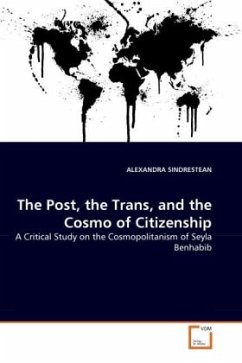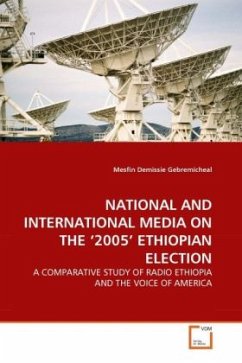In daily life, citizenship is taken for granted. We assume neither more nor less than what the ID card spells out. However, in the last decades, citizenship has undergone scrutiny not only as a legal reality, but also as a theoretical conceptualization. Subsequent changes are due in part to contemporary human mobility patterns which have transformed the way we understand citizenship as a vertical relation to a polity, i.e. nation-state, as well as citizenship as a horizontal relation between members belonging to the same community. In this sense, the present work critically engages Seyla Benhabib's cosmopolitanism in order to expose a particular argumentative line that conceives citizenship as a human right. This analysis goes to show the democratic potential behind citizenship as universal right, a potential that would mitigate the state's arbitrary power to decide the insider/outsider gauge. Both students of migration and citizenship studies as well as the average citizen mightfind the idea of citizenship-as-right polemical, but nevertheless worth musing upon.
Bitte wählen Sie Ihr Anliegen aus.
Rechnungen
Retourenschein anfordern
Bestellstatus
Storno








